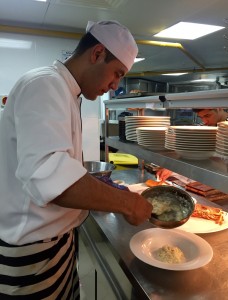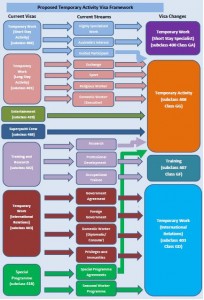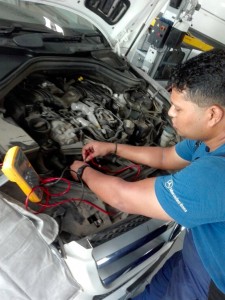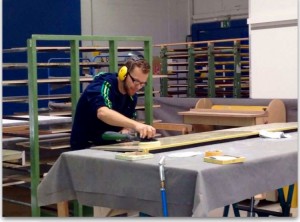Applications for Class BB Return Resident visa must be made in the following manner:
- Using internet Form 1085E or in any other case, Form 1085
- Applications may be made in or outside Australia, but not in immigration clearance;
Applications made inside Australia
Applications that not internet applications must be posted to:
Resident Return Visa Application
Department of Immigration and Border Protection
GPO Box 9984
SYDNEY NSW 2001
or, delivered by courier service to:
Resident Return Visa Application
Department of Immigration and Border Protection
26 Lee Street
SYDNEY NSW 2000
Applications made outside Australia
Must be made at a diplomatic, consular or immigration office maintained by or on behalf of the Commonwealth of Australia.
This Instrument revokes IMMI 16/042 (F2016L00785) and commences on 10 September 2016.










